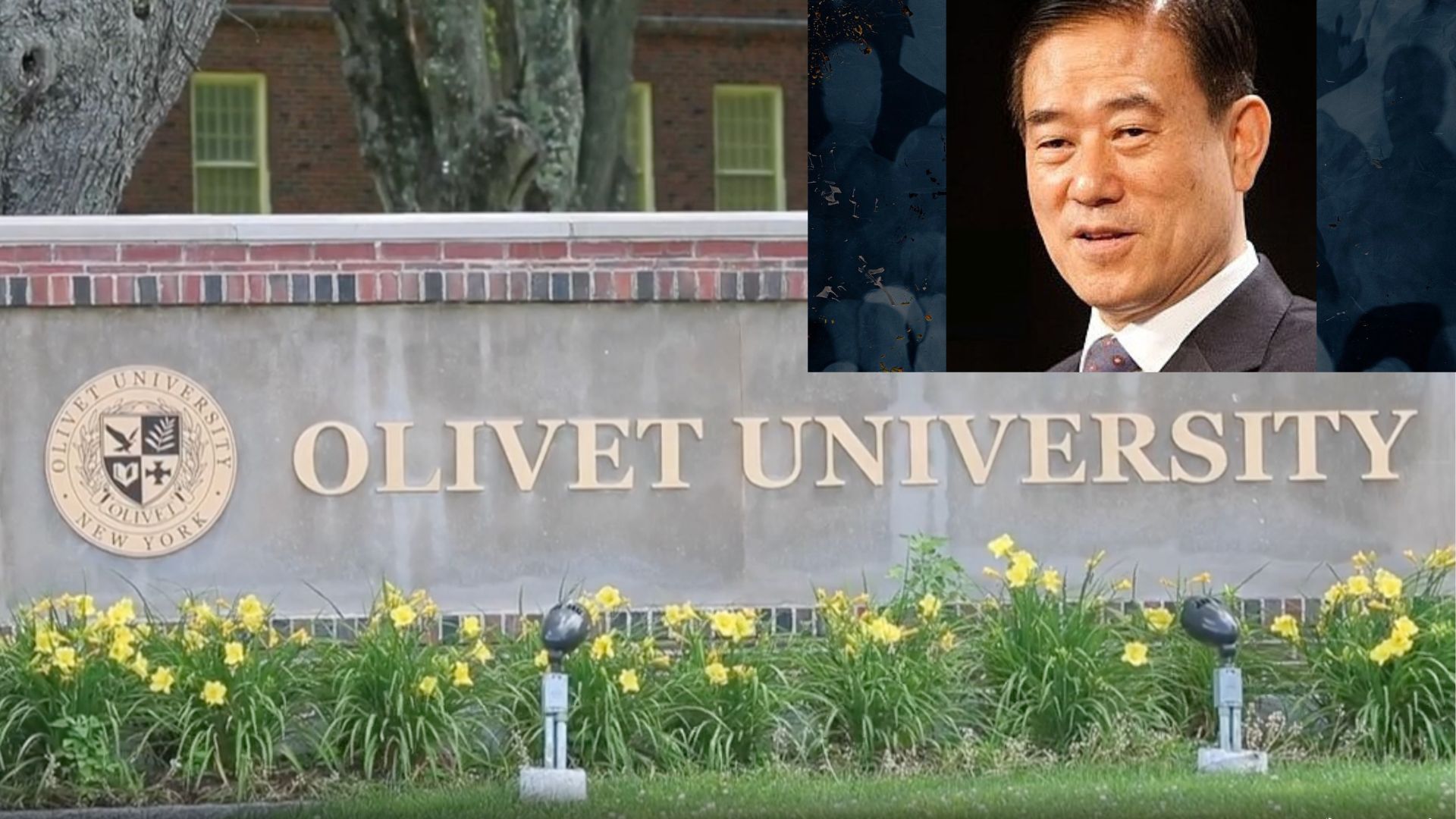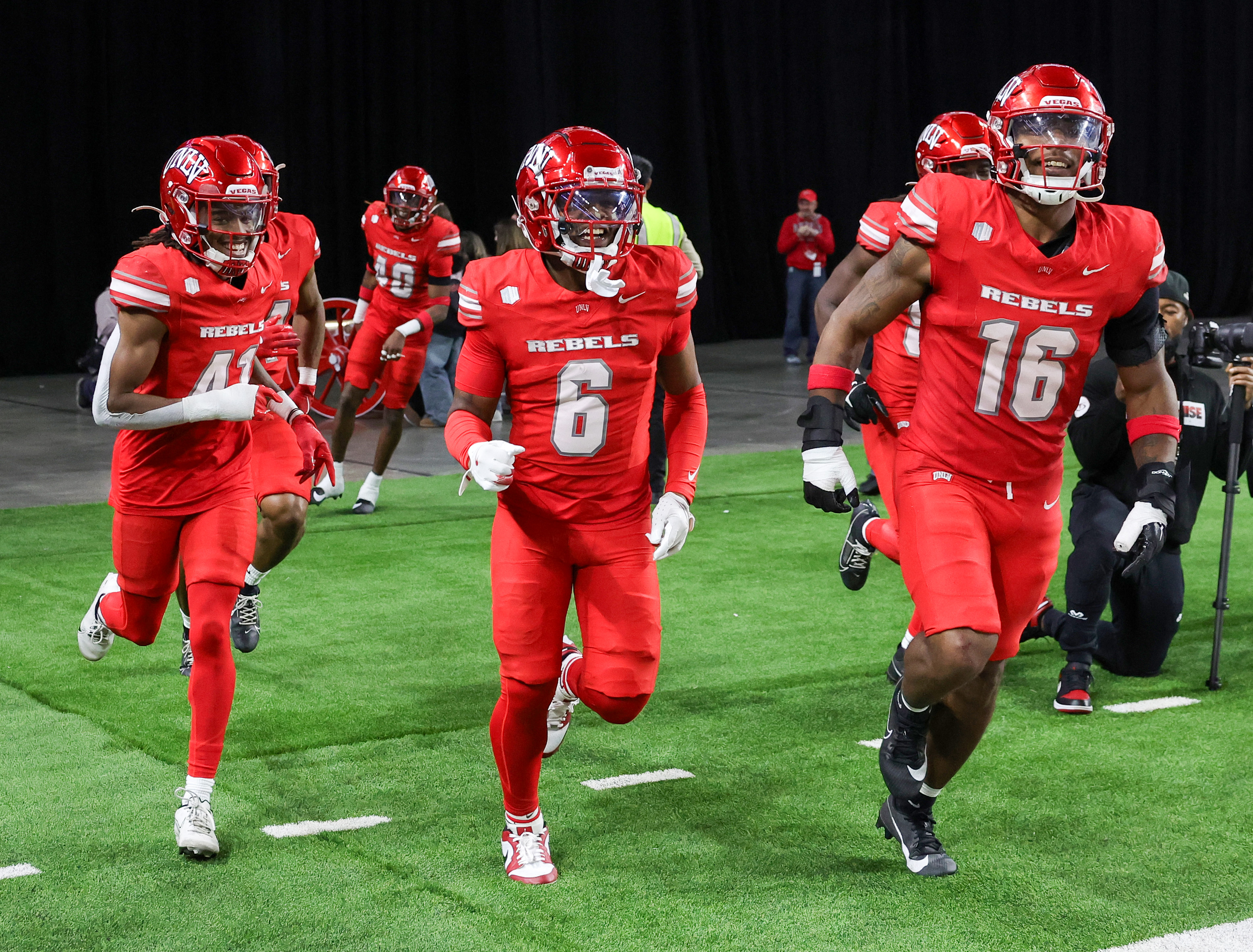What's New
The Montana Supreme Court on Wednesday affirmed a landmark climate decision that declared the state was violating residents' constitutional right to a clean environment by allowing oil, gas and coal projects without regard for global warming.
Why It Matters
The decision reinforces an August 2023 ruling by District Court Judge Kathy Seeley, who found that Montana's practices violated its residents' constitutional right to a "clean and healthful environment."
This pivotal case, spearheaded by a group of young plaintiffs aged 6 to 23, represented a milestone for climate advocates seeking judicial intervention to compel governmental action on climate change.
What To Know
On Wednesday in a 6-1 ruling, the Montana Supreme Court upheld the August 2023 decision.
The court's decision strikes down a state policy that prohibited the consideration of greenhouse gas emissions in granting permits for fossil fuel development.
The state had previously appealed the ruling by Seeley, and arguments were heard in July, in which the state argued that greenhouse gases released from Montana fossil fuel projects are minuscule on a global scale and reducing them would have no effect on climate change.

Chief Justice Mike McGrath dismissed the state's argument that Montana's emissions are insignificant on a global scale, likening the defense to an "everyone else is doing it" excuse.
McGrath wrote, "The right to a clean and healthful environment is meaningless if the State abdicates its responsibility to protect it."
What Are People Saying
Melissa Hornbein, an attorney with the Western Environmental Law Center and attorney for the plaintiffs said, "With the ruling now in place, the Montana Supreme Court's decision compels the state to carefully assess the greenhouse gas emissions and climate impacts of all future fossil fuel permits."
Chief Justice Mike McGrath wrote for the majority: "Plaintiffs may enforce their constitutional right to a clean and healthful environment against the State, which owes them that affirmative duty, without requiring everyone else to stop jumping off bridges or adding fuel to the fire. Otherwise the right to a clean and healthful environment is meaningless."
Republican Governor Greg Gianforte said in a statement that the state was still reviewing the decision, but said it will lead to "perpetual lawsuits that will waste taxpayer dollars and drive up energy bills for hardworking Montanans.
Pushback From State Leadership
The ruling has sparked a backlash from Gianforte, who criticized the court for what he described as judicial overreach. He warned the decision could invite an onslaught of lawsuits, increase energy costs for Montanans and hinder the state's "all-of-the-above" energy strategy.
"This Court continues to step outside of its lane to tread on the right of the Legislature, the elected representatives of the people, to make policy," he said in a statement. "This decision does nothing more than declare open season on Montana's all-of-the-above approach to energy, which is key to providing affordable and reliable energy to homes, schools, and businesses across our state."
Gianforte also convened energy stakeholders earlier this week to discuss boosting production to meet rising demand, emphasizing the need for "unleashing American energy" to maintain grid stability.
The Plaintiffs' Perspective
For the 16 young plaintiffs, the court's decision validates their personal struggles with the tangible effects of climate change. In a Wednesday statement, lead plaintiff Rikki Held called the ruling "a victory not just for us, but for every young person whose future is threatened by climate change."
During the trial, the plaintiffs described how worsening wildfires, droughts and diminishing snowpack have disrupted their lives, polluted the air and depleted vital natural resources. They argued that the state's failure to address these challenges imperils their future and violates their constitutional rights.
What Happens Next
The ruling has positioned Montana as a flashpoint in the national debate over climate accountability, potentially inspiring similar legal challenges across the United States.
This article includes reporting from The Associated Press.




















 English (US) ·
English (US) ·